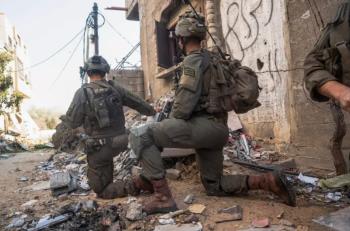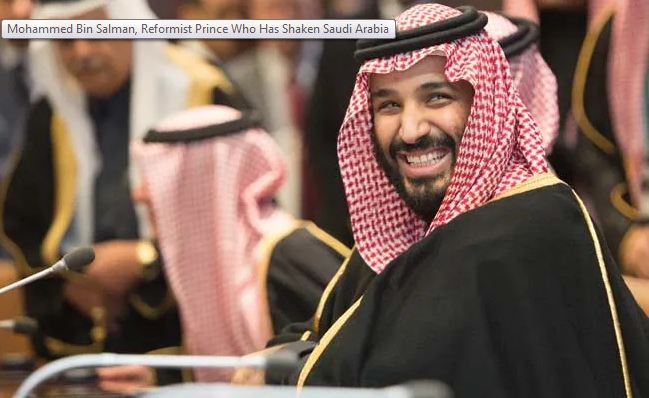Alwaght- Saudi regime executed 81 people in what was the West-Bank kingdom’s largest mass execution in years, triggering condemnation from human rights groups.
In a statement published by the official Saudi Press Agency, the Saudi Ministry of Interior said the people had been executed for “multiple heinous crimes that left a large number of civilians and law enforcement officers dead.” It did not say how they had been executed.
Those put to death included seven Yemenis and one Syrian, it said. The rest were Saudi.
Rights groups condemned the executions, saying they flew in the face of claims by Crown Prince Mohammed bin Salman, Saudi Arabia’s de facto ruler, that the country was reforming its justice system and limiting its use of the death penalty.
“These executions are the opposite of justice,” said Ali Adubusi, director of the European Saudi Organization for Human Rights, a watchdog group. He said that in many of the cases, the charges against the accused involved “not a drop of blood.”
Saudi Arabia has tried to clean up its image in recent years as it seeks to attract more tourism and business. But its war in Yemen, the 2018 killing of dissident journalist Jamal Khashoggi in a Saudi consulate and a crackdown on dissent have left lasting stains on its reputation.
Mr. Adubusi’s rights group said that of the cases it had been able to monitor and document among the 81 people executed, it had found no charges that merited the death penalty under the criteria that Saudi Arabia has made public. Some of the charges were related to participation in human rights demonstrations, the group said.
It said it had not been able to document many of the cases because of the Saudi justice system’s lack of transparency, and because family members of some of the accused had been threatened and intimidated.
The Ministry of Interior’s statement said the crimes of those executed included murder; pledging allegiance to foreign terrorist groups; and traveling to join such groups, as well as the vaguely worded offense of “targeting residents in the Kingdom.”
Others were convicted of targeting government employees and “vital economic sites,” smuggling weapons into the kingdom, killing law enforcement officers and planting land mines that the ministry said were intended for use against police vehicles.
“The Kingdom will continue to take a strict and unwavering stance against terrorism and extremist ideologies that threaten the stability of the entire world,” the ministry said.
The ministry said the defendants had been able to exercise “their full rights under Saudi law” before Saudi courts, including the right to an attorney. But the European Saudi Organization for Human Rights said it had documented cases in which defendants had been denied access to a lawyer, tortured and held incommunicado.
“The world should know by now that when Mohammed bin Salman promises reform, bloodshed is bound to follow,” Soraya Bauwens, the deputy director of Reprieve, an advocacy group that tracks executions in Saudi Arabia, said in a statement on Saturday.
Noting that Western countries were looking to Saudi Arabia, one of the world’s largest oil producers, to help make up for the shortfall in oil supplies as many countries shun energy from Russia because of President Vladimir V. Putin’s invasion of Ukraine, she added, “We cannot show our revulsion for Putin’s atrocities by rewarding those of the crown prince.”
Rights groups said the number of executions carried out on Saturday far outstripped those put to death in the kingdom’s two most recent mass executions: one in 2019, in which 37 were killed, and the other in 2016, when 47 were executed.



























